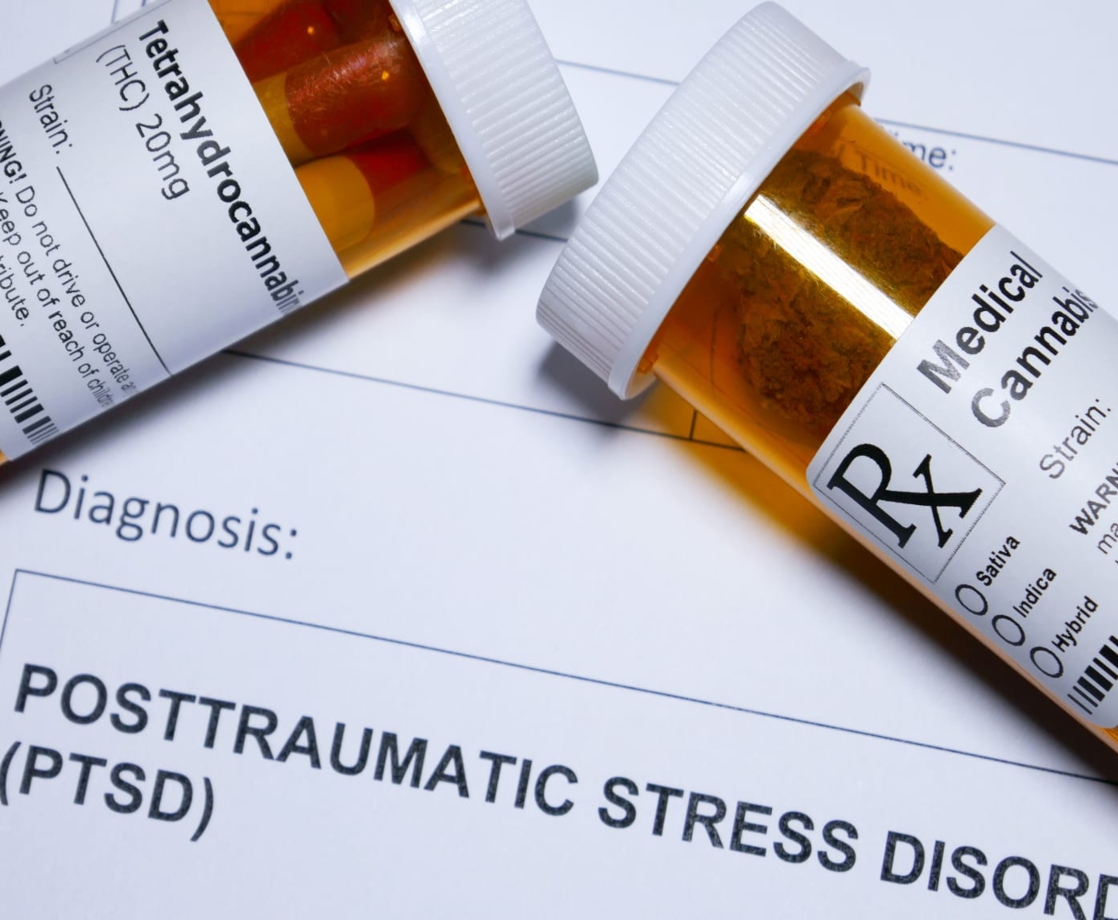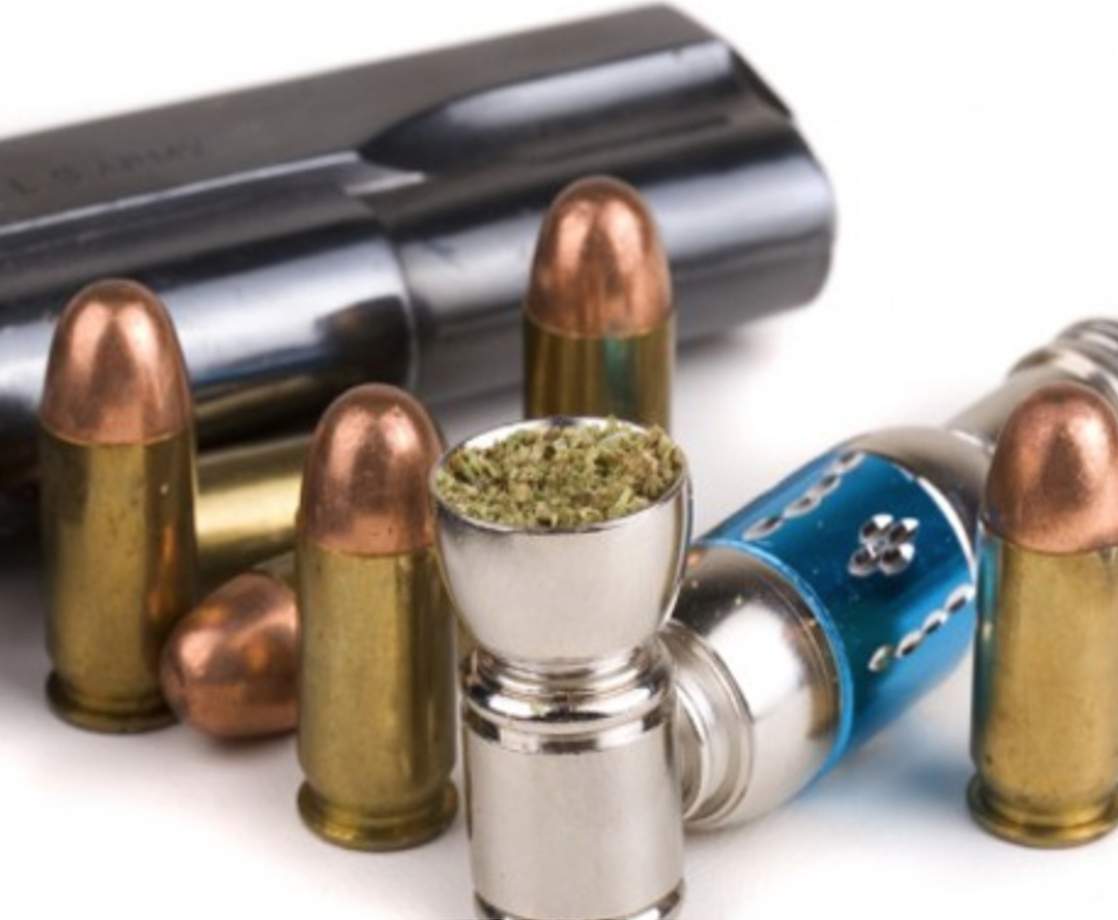A new Canadian research study recently published in the Journal of Psychopharmacology has found that cannabis could help decrease the risk of depression and suicide for individuals suffering from post-traumatic stress disorder (PTSD).
“Post-traumatic stress disorder sharply increases the risk of depression and suicide,” the study authors wrote. “Individuals living with post-traumatic stress disorder frequently use cannabis to treat associated symptoms. We sought to investigate whether cannabis use modifies the association between post-traumatic stress disorder and experiencing a major depressive episode or suicidal ideation.”
The research team sourced their data from the 2012 Canadian Community Health Survey on Mental Health, a nationwide analysis of Canadians age 15 and older. Out of 24,089 people who answered the survey, 420 (!) had been previously diagnosed with PTSD. And out of those 420 PTSD patients, 106 admitted to using cannabis more than once in the past year.
The study found that PTSD patients who did not use cannabis were 70 percent more likely to be depressed, and 66 percent more likely to think of suicide, than the PTSD patients who used pot. PTSD patients who didn’t use cannabis were 7 times more likely to be depressed, and 4.7 times more likely to think about suicide, than Canadians who did not suffer from PTSD. But the PTSD patients who used marijuana were no more likely to exhibit symptoms of depression or suicidal ideation than the average Canadian.
Gallery — Legalize It!
“We know that with limited treatment options for PTSD, many patients have taken to medicating with cannabis to alleviate their symptoms,” said lead study author Stephanie Lake, according to Newsweek. “However, this is the first time that results from a nationally representative survey have shown the potential benefits of treating the disorder with cannabis.”
“This study provides preliminary epidemiological evidence that cannabis use may contribute to reducing the association between post-traumatic stress disorder and severe depressive and suicidal states,” the researchers concluded. “There is an emerging need for high-quality experimental investigation of the efficacy of cannabis/cannabinoids for the treatment of post-traumatic stress disorder.”
These results are promising, and back up other research studies that show that cannabis can help treat PTSD. But the study is not without its limitations. Respondents of the survey did not indicate how often they were using cannabis, nor did they report the form or dosage of any cannabis products that they took. The relatively small number of PTSD patients covered in the study, and the lack of a double-blind control group, also makes it difficult to draw definitive conclusions from the research.
“It is important to develop this line of research, in particular how much and how often does cannabis need to be taken to potentially reduce suicidal thoughts and symptoms of depression,” suggested Ian Hamilton, senior lecturer in addiction and mental health at York University, to the Daily Mail. “Rather than rely on street cannabis it would be far better and safer to provide medical grade cannabis and have this supervised by a doctor or nurse.”











